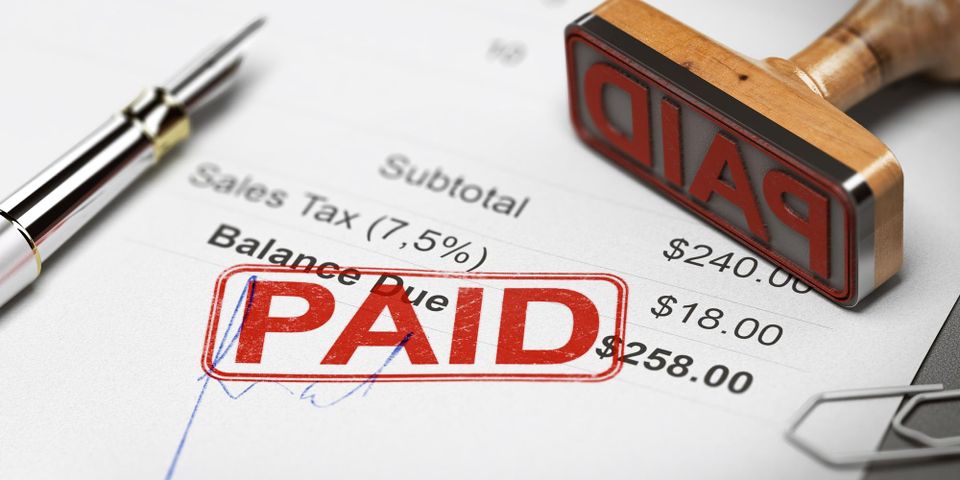Common Questions About Debt Consolidation

When you feel like you're swimming in a sea of ever-growing and unmanageable debt, the goal of financial freedom can seem impossible. But debt relief could be closer than you think, and there are a few different ways of getting there. One path that has worked for countless individuals is debt consolidation. Learn more about consolidation and its benefits with the following commonly asked questions on the subject.
FAQ About Debt Consolidation
How Does the Process Work?
Debt consolidation is not nearly as complex as it first may seem. Basically, you take out a low-interest loan to repay your outstanding debts. Then, instead of paying numerous high-interest, high-finance charge balances each month, you have only one loan amount to repay. This streamlines debt repayment, and the lower interest rate of the initial loan will likely save you money in the long run.
Is This the Right Option for You?
Because an individual will still be required to make regular monthly payments, they should have a stable income to meet the demands of debt consolidation. A general rule is that your debt should not exceed 50% of your income. Those with higher debt amounts might want to consider other options like personal bankruptcy. Also, you must have a high enough credit score to secure the initial loan.
What's the Difference Between a Secured & Unsecured Loan?
 An individual pursuing debt consolidation can choose from either a secured or unsecured loan. With a secured loan, the debtor offers collateral, such as property or a vehicle, as assurance that they will repay the loan. If they do not meet the terms of repayment, that collateral will be possessed by the creditor. An unsecured loan, as the name implies, is one that does not require the additional security of collateral.
An individual pursuing debt consolidation can choose from either a secured or unsecured loan. With a secured loan, the debtor offers collateral, such as property or a vehicle, as assurance that they will repay the loan. If they do not meet the terms of repayment, that collateral will be possessed by the creditor. An unsecured loan, as the name implies, is one that does not require the additional security of collateral.
Will Debt Consolidation Impact Your Credit Score?
Maybe. A hard inquiry on your credit will be required when applying for the consolidation loan, and if the application is approved, a new, high-dollar loan will appear on your credit report. Either of these factors could cause the overall score to drop a bit. But remember your other balances will soon be repaid by the loan, so they will leave your credit report. If you do receive a lower score, it is often only temporary.
When you need help with debt consolidation, turn to Donald L. Spafford Jr., Attorney at Law in Honolulu, HI, for assistance. For more than 30 years, he has provided the debt relief and bankruptcy solutions to help his clients reclaim their financial lives and futures. Call (808) 532-6300 or visit his firm's website to make an appointment today.
About the Business
Have a question? Ask the experts!
Send your question

